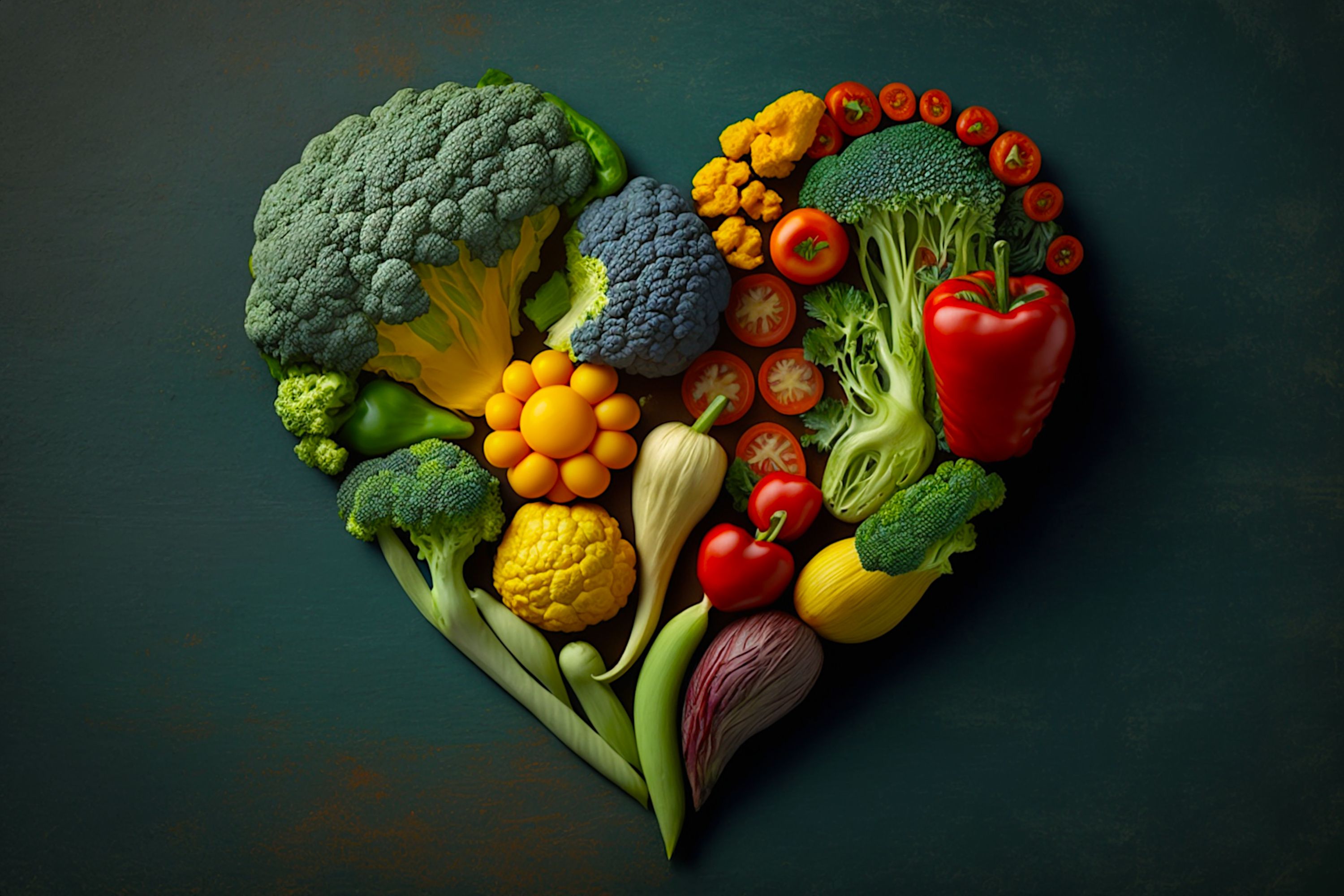Study: A Plant-Based Diet Could Reduce COVID-19 Infection
Individuals that lived on a majority plant-based or vegetarian/vegan diet were 39% less likely to be infected with COVID-19.
New findings announced that a primarily plant-based or vegetarian diet was connected to 39% lower odds of contracting COVID-19 infection, according to research published in BMJ Nutrition Prevention & Health.
PaulSat - stock.adobe.com

Previous studies suggested that diet could impact COVID-19 infection, along with its risk and complications when ill. The current research indicates a diet that contains more vegetables, legumes, and nuts, with limited dairy and meat, could mitigate infection.
"This research adds to the existing evidence, suggesting that diet may have a role in susceptibility to COVID-19 infection," said Shane McAuliffe, RD, Senior Visiting Academic Associate, NNEdPro Global Institute for Food, Nutrition and Health, which co-owns BMJ Nutrition Prevention & Health with BMJ, in a press release.
The researchers included 702 volunteer individuals that were enrolled in the study from March through July of 2022. The observational study aimed to assess the incidence, severity, and duration of COVID-19 infection in relation to dietary regimens.
Participants completed a survey about their daily eating habits, food group frequency, lifestyle and medical history, and COVID-19 vaccination status. After completion, the 702 individuals were divided and placed into the omnivorous group (424) or the predominantly plant-based group (278).
Among all the individuals, 330 reported infections with COVID-19, 32% of whom had mild symptoms and 15% had moderate to severe symptoms.
The study authors noted that the 278 individuals in the predominately plant-based group were divided further— placing 87 individuals in a flexitarians or semi-vegetarian group that ate meat 3 or fewer times a week, and 191 individuals in the vegetarians or vegan group.
Covariates such as sex, age, and vaccination status did not differ between both groups, although the researchers found that omnivores reported an increased rate of medical conditions and a lower rate of exercise. The study authors noted that overweight and obesity was higher in the omnivore group—risks that are associated with COVID-19 infection and a higher chance of more severe symptoms.
Omnivores had a higher incidence rate of COVID-19 infection, compared to plant-based groups, with 52% to 40%, respectively. The researchers found that omnivores were more likely to have moderate and severe infections.
The researchers then assessed weight, pre-existing medical conditions, and physical activity levels in both the omnivore and plant-based groups and found that there was not a major difference in the longevity and severity of symptoms between both groups.
However, individuals that lived on a majority plant-based or vegetarian/vegan diet were 39% less likely to be infected with COVID-19.
“Plant-based dietary patterns are rich in antioxidants, phytosterols, and polyphenols, which positively affect several cell types implicated in the immune function and exhibit direct antiviral properties,” said researchers in the BMJ Nutrition Prevention & Health open access journal.
The study authors noted that this suggests that plant-based diets could provide individuals with more nutrients that can aid the immune system to fight infections.
Limitations of the study included reported personal recall and its subjective nature, which could be inaccurate, according to study authors.
“This remains an area of research that warrants more rigorous and high-quality investigation before any firm conclusions can be drawn about whether particular dietary patterns increase the risk of COVID-19 infection,” said McAuliffe, in a press release.
Reference
Predominantly plant-based or vegetarian diet linked to 39% lower odds of COVID-19. EurekAlert!. News release January 9, 2024. Accessed January 15, 2024. https://www.eurekalert.org/news-releases/1030410
